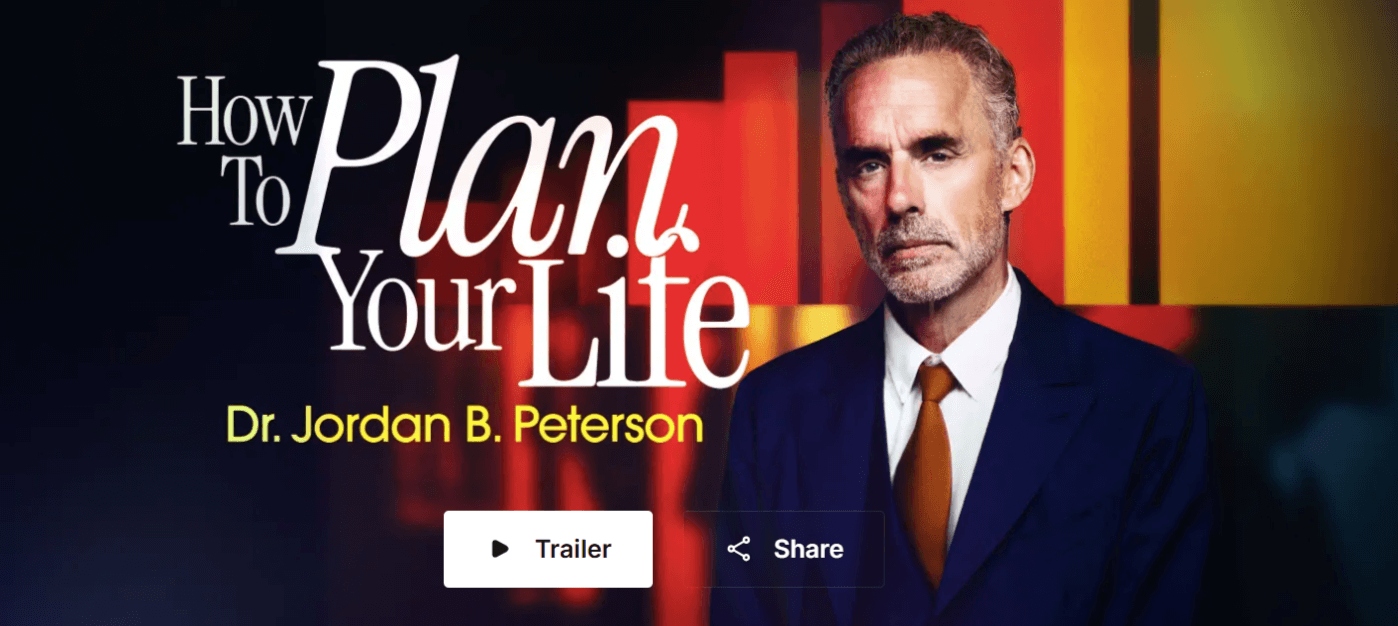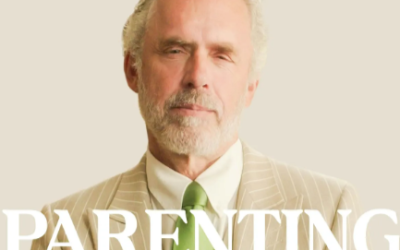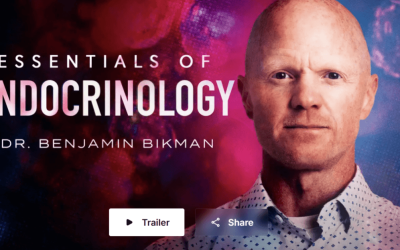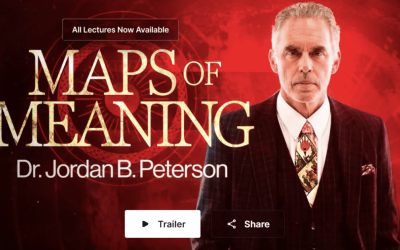🌟 New Year Offer 🌟
Celebrate 2026 with 30% OFF on all products! Use code: NEWYEAR2026. Hurry, offer ends soon!
Through psychological insights, Biblical narratives, and practical strategies, the course emphasizes personal responsibility, the pursuit of meaning, and the power of individual choices.
File Size: 7.158 GB.
Format File: 6 MP4, 6 SRT, 7 TXT.
Peterson Academy – Jordan Peterson – How to Plan Your Life

Dr. Jordan B. Peterson
Professor of Psychology
In How to Plan Your Life, a six-hour course, Dr. Jordan Peterson explores the principles of personal development, meaningful living, and psychological transformation. He examines the interplay between order and chaos, the role of boundaries and vision-setting, and how instincts and motivations shape identity. Through psychological insights, Biblical narratives, and practical strategies, the course emphasizes personal responsibility, the pursuit of meaning, and the power of individual choices. Dr. Peterson concludes by highlighting how self-reflection, courageous action, and truthful living drive transformation and shape both personal and societal growth.
Lectures

1. Between Order and Chaos
In our introductory lecture, Dr. Jordan Peterson begins the course by exploring the necessity that everyone must develop a vision for their life. We delve into the concept that our world of experience is characterized by a dynamic interplay between order and chaos, and discuss how personal growth occurs at the border between these two domains where meaningful transformation takes place. Dr. Peterson addresses practical strategies for implementing positive change, emphasizing the importance of starting small, accepting imperfection, and recognizing the value of repeated daily actions in creating lasting improvement.
2. The Walled Garden
In lecture two, we delve into the importance of establishing boundaries and shared visions in personal relationships and life pursuits. Using examples from Biblical stories and medieval architecture, Dr. Peterson illustrates how creating sequential walls can protect us from chaos and enable us to tackle challenges in manageable steps. The lecture emphasizes the value of open communication, collaborative problem-solving, and finding optimized solutions that benefit all parties involved, ultimately leading to more fulfilling partnerships and achievements.
3. Desire and Discipline
In lecture three, we investigate the complex interplay between our instincts, motivations, and the development of a meaningful identity. We explore how our perceptions are shaped by our goals and how we can integrate our primitive drives into a sophisticated personality that enables us to navigate the social world effectively. Dr. Peterson emphasizes the importance of pursuing our interests with humility and discipline, allowing them to guide us toward our highest potential and a life imbued with purpose and meaning.
4. Fear as a Catalyst
In lecture four, we explore how personal transformation requires both understanding our potential for positive growth and acknowledging our capacity for self-destruction. The discussion examines how effective motivation combines both the pursuit of meaningful goals and the fear of negative consequences. Dr. Peterson concludes by emphasizing the importance of making our fears and aspirations concrete through detailed visualization and writing, suggesting that understanding our darker potentials can actually help propel us toward positive change.
5. Faith in Tragedy
In lecture five, Dr. Peterson examines identity, meaning, and the human struggle with suffering and malevolence. He explores the archetypal story of Job, emphasizing the importance of maintaining faith in one’s intrinsic worth and the value of existence despite life’s tragedies. Dr. Peterson also discusses the transformative power of courageous trust and the potential for finding meaning through voluntary sacrifice and the harmonious integration of multiple social identities, rather than from purely individualistic self-definition.
6. A Higher Vision
In our sixth and final lecture, we explore the key elements of a meaningful life, including intimate relationships, family, work, community involvement, and personal growth. The discussion underscores how individual responsibility and truthful living can shape both personal circumstances and society, emphasizing the importance of a clear vision and calculated risks. Dr. Peterson stresses that meaningful transformation requires deep self-reflection and the courage to pursue challenging, worthwhile goals. Ultimately, he highlights the power of individual choices, urging us to embrace purpose, responsibility, and meaningful contribution.
Course Features
- Lecture 0
- Quiz 0
- Duration 10 weeks
- Skill level All levels
- Language English
- Students 65
- Assessments Yes










